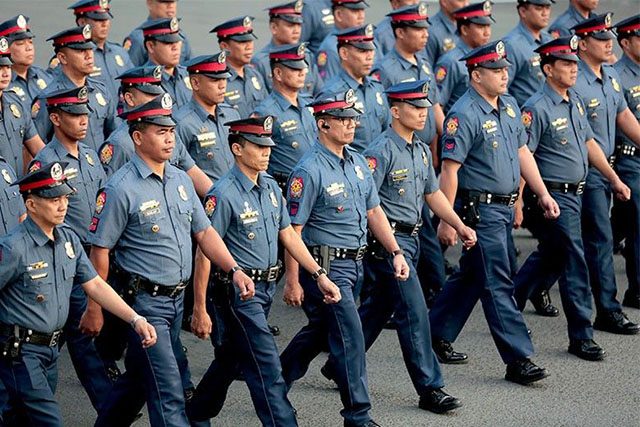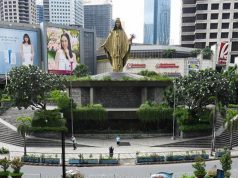The police provincial office of Pangasinan recently released rape prevention tips on social media that, despite its apparent intention to help victims, could also be seen as blaming them.
One of its tips ordered women to avoid wearing clothes perceived to be “seductive.”
The post has already been deleted from the provincial office’s Facebook and Twitter accounts, but some social media users took screenshots of the graphic it earlier produced.
The “Babae Ako” movement called out the post and even tagged the Facebook account of the Philippine Commission on Women.
“Hello Pangasinan PNP, ayan na naman tayo eh! May rape dahil may rapist!” the women’s rights advocate group said.
Sen. Risa Hontiveros, the principal author of the Safe Spaces Act or the law that criminalizes public sexual harassment, commented on the issue.
“Here’s an effective anti-rape tip: HUWAG KANG MANG-RAPE. Kung iniisip mong mang-rape, awatin mo sarili mo. Sa panahong sa tingin mo ay gusto mong mang-rape, pigilan mo ang sarili mo, at HUWAG MANG-RAPE. Instead of telling women how to dress, let’s tell everyone not to rape,” she wrote.
Other Filipinas pointed out that they still get catcalled or harassed even if they are not wearing clothes that could be perceived as “revealing” or “seductive.”
“FYI (For your information). Kahit naka-jeans at naka-jacket ako, nabastos pa rin ako. So anong sinasabi niyong damit damit nang maayos diyan,” a Facebook user said.
“Mga ma’am, sir, suot ko jacket ng tatay ko at jogging pants when someone grabbed my a*s and tried to get me to go somewhere with them. Wala talaga sa suot ng tao ang kamanyakan ng tao,” another Facebook user said.
Controversial
This is not the first time that the Philippine National Police drew ire for its rape prevention tips released on social media.
Last year, the municipal police station of Angono, Rizal also earned criticisms from citizens because it pinned the blame on rape victims instead of the offenders with its tips that told women to avoid wearing “skimpy clothes” and “drinking alcoholic beverages.”
Hontiveros said the tips, while well-intentioned, insult rape victims and promote victim-blaming due to its perspective that women are automatically to be blamed for acts of sexual violence.
“May I remind our police force that a woman’s clothing choice doesn’t cause rape. Clothes don’t cause rape, rapists do,” the senator said before.
“Instead of ‘teaching’ women how to dress ‘appropriately’ and limit our choices, our police force should help in educating the public, especially men, that forcing themselves upon women is unacceptable and constitutes rape,” Hontiveros added.
Prior to the incident, the Banaue Police Station shared similar tips on social media which were eventually removed due to its “sexist” perspective. It likewise told women to avoid drinking and wearing clothes “that are easily removed.”
Shortly after the uproar, the PNP has vowed to update its rape prevention guidelines and said that it would reinforce “gender-blind self-education” among the public.
“While we cannot control criminal motive, we can help prevent it through gender-blind self-education. Both men and women ought to know that ‘no’ means ‘no,’ that rape is a serious crime, and that they can go to jail if they violate another person’s human rights,” then-PNP spokesperson Benigno Durana Jr. said in October last year.










